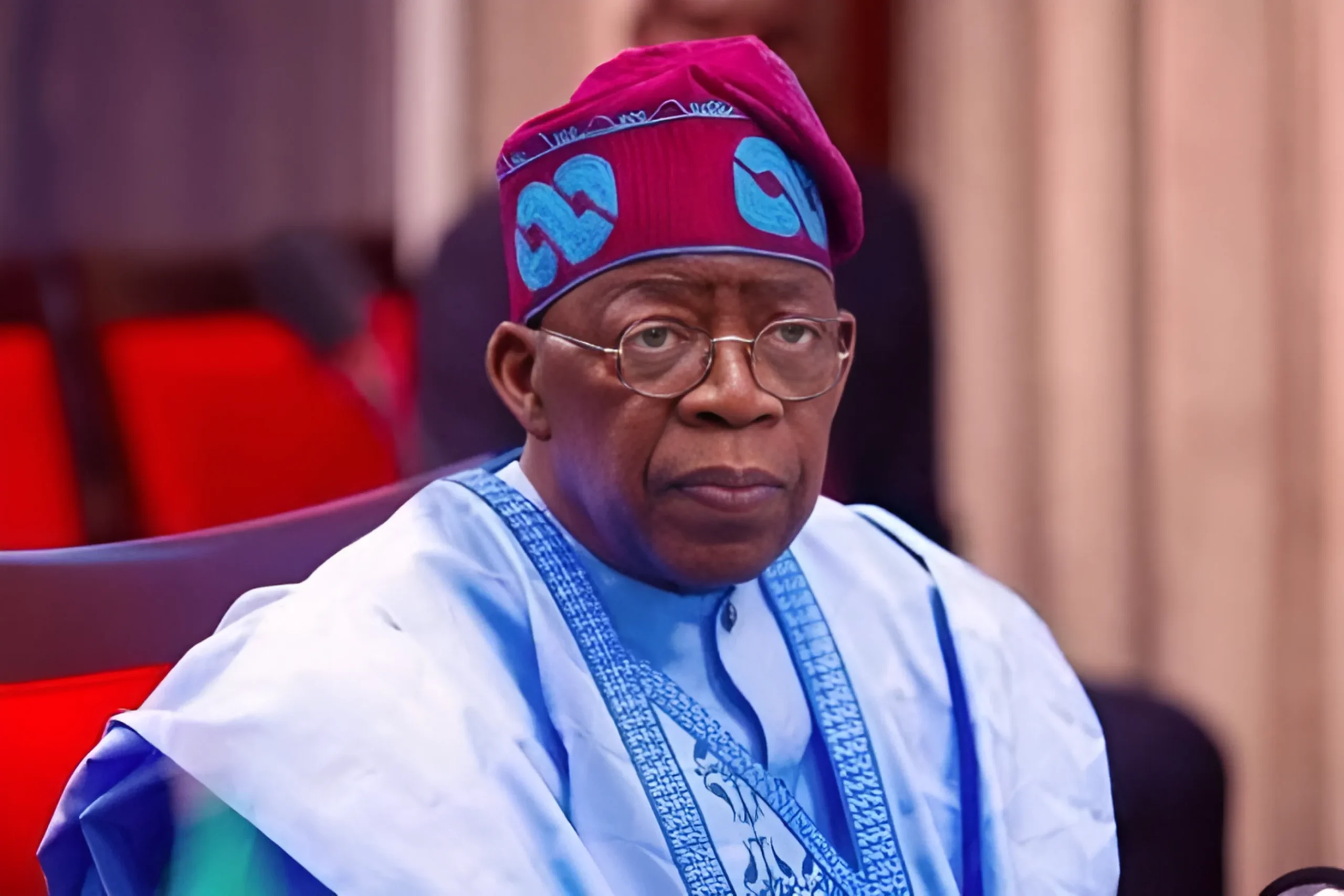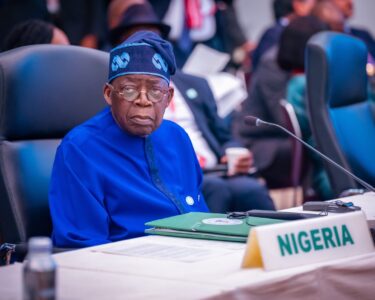Tinubu’s ‘Nigeria First’ Policy
Tinubu’s ‘Nigeria First’ Policy Gets Push as BPP Receives New Procurement Mandate
Summary
- President Tinubu directs strict enforcement of local content in government procurement under the new “Nigeria First” policy.
- Bureau of Public Procurement (BPP) to create a Local Content Compliance Framework and maintain a register of local vendors.
- Policy hailed as a patriotic economic strategy to boost local industries and position Nigeria for AfCFTA trade benefits.
- Public sentiment underscores a gap between policy ideals and current leadership practices.
Abuja, Nigeria – President Bola Ahmed Tinubu has reaffirmed his administration’s commitment to economic nationalism through the launch of the “Nigeria First” procurement policy — a bold initiative aimed at promoting local content and reducing dependency on foreign goods.
The directive, delivered through the Bureau of Public Procurement (BPP), mandates a sweeping revision of procurement guidelines to prioritise locally made goods and homegrown solutions.
As part of the policy, no foreign procurement will be allowed if high-quality Nigerian alternatives exist — except with a written waiver from the BPP.
“We will make what we use and use what we make — not as a slogan, but as a national commitment,” President Tinubu declared.
According to Sunday Dare, CON, Special Adviser to the President on Media and Public Communication, the Nigeria First policy aligns with the administration’s macroeconomic strategies and is seen as a defining show of political will.
The BPP has been tasked to create a Local Content Compliance Framework and maintain a register of Nigerian manufacturers and service providers regularly engaged by the federal government.
Hope is high across sectors such as auto manufacturing, textiles, leather, cocoa, and building materials — with firms like Innoson Vehicle Manufacturing and Peugeot Nigeria set to benefit. These industries may also gain new access to regional markets via the African Continental Free Trade Area (AfCFTA).
“We must foster a new business culture — bold, confident, and Nigerian. The government must lead by example,” Tinubu added, underscoring the administration’s resolve to invest in local talent, products, and industries.
Reactions to the Policy
While President Bola Tinubu’s new “Nigeria First” procurement policy has received praise for its patriotic and economic potential, reactions from Nigerians on social media reflect a mix of cautious optimism and deep skepticism.
Responding to the policy announcement, popular public affairs platform @Naija_PR wrote: “Very good policy if truly and thoroughly implemented,” echoing widespread support for the idea — but with a critical emphasis on action over rhetoric.
Others, however, expressed frustration at what they see as double standards. User Ben Samuel (@Flourish007) fired back: “Until all of you, including the president, stop travelling to France and the UK for medical treatment and start using Nigeria made vehicles, no one will take you seriously.”
The comments highlight the tension between national policy and the personal choices of Nigeria’s political elite, with many citizens calling on leaders to exemplify the change they advocate.
Though the “Nigeria First” initiative aims to prioritise local goods and services in federal procurement, its success may hinge not only on official enforcement, but also on how visibly the nation’s leaders adopt the policy in practice.







